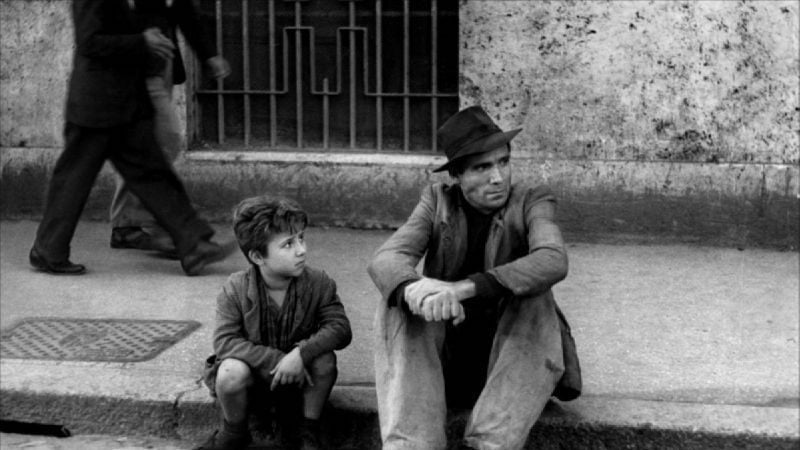If you’ve ever watched the 1948 Italian film “Bicycle Thieves” (Ladri di Biciclette) you may remember the scene where protagonist Antonio Ricci, searching for his stolen bike, chases the thief into a neighbourhood only to be chased back out by the thief’s neighbours, family, and friends who close rank around the criminal.
Traditionally they did the same for the Mafia – when questioned by police about whether they’d seen or heard anything in relation to a crime, they always insisted they knew nothing.
This Mediterranean culture of non-involvement, or passivity, is enshrined in the Maltese mindset by facile maxims like “kulħadd għandu xi jxomm taħt idejh”, and “let he who is without sin cast the first stone”. Hell, some of them proclaim their beliefs in bumper stickers and decals on their car – telling the world that “Only God Can Judge Me”.
It’s excellent stuff for liberating members of society from responsibility, and saving them from ever truly feeling accountable to their community. In some cases it even empowers them to close ranks around the very criminals that are ruining the fabric of society.
So what implications does this moral poverty have for successive generations in Malta?
You may not have seen an obscure Italian film from the 1940s, so I’ll recount a more modern example to illustrate my point:
I was sat in the Mosta Polyclinic a few years ago, and the waiting room was packed. The fan in the corner rattled away feebly, vainly attempting to circulate the thick, humid, summery air. A losing battle – but then so much in Malta seems to be.
An obese child waddled into the room (he couldn’t have been older than 10) and there’s something about the way he moves – arms swinging by his side, one of his chins angled defiantly and expectantly upward – that immediately suggested entitlement. He grabs the one seat he can find with all the grace of a sack of potatoes hitting a kettledrum.
First impressions were confirmed as his mother shuffled in behind him and, in the absence of any help from her son, had to look for a seat herself and drag it over to be near her precious little boy.
The lad began to bleat and moan – at a distance I wasn’t certain quite what about, although I suspected he was bored and not used to waiting because he did what many children do at school – kicking his heels off the legs of the chair, repeatedly scraping it along the tiles to everyone else’s irritation.
Whoever was in with a headache, or a toothache; whoever had suffered sleep-deprivation because of their hacking cough, or maybe had an ear infection; indeed any one who simply wanted to wait to see a doctor in relative peace and quiet, they were denied that comfort by this one Little Lord Fauntleroy.
His mother attempted, weakly, to whisper something to him and then (and this is where I was shaken from my own feverish bemusement) he proceeded to pull her hair and slap at her face.
I looked around the room, stunned, to gauge everyone else’s reaction. The man sat next to the boy had suddenly become very interested in the wall clock. The mother and her daughter across from me pointedly stared out the window. A nurse or two noted it at a safe distance.
But no one said or did anything.
This went on for about ten minutes and and he seemed to get progressively more demonstrative in his impatience – sliding himself down the chair, getting louder, hitting his mother.
And she took it.
Eventually I felt obliged to lean over and make eye contact with the boy. I asked him politely to please stop making quite so much noise and added that he shouldn’t be hitting his mother. A man should never hit a woman.
His jowls shaking, his little brown eyes burning, he told me in Maltese “to fuck off”.
At this stage all the uncomfortable witnesses squirming in their seats visibly tensed up. The man next to the boy leaned forward and, with a patronising pat on the arm that is so commonplace in Malta, advised me in Maltese to not get involved, as “it’s not your problem or your business”.
Except that this is clearly not true.
The point I’m making here is: surely it is axiomatic to point out that it “takes a village to raise a child”? And do we really want to raise citizens who believe it is better to remain complacent in the face of abuse – suspected or otherwise?












